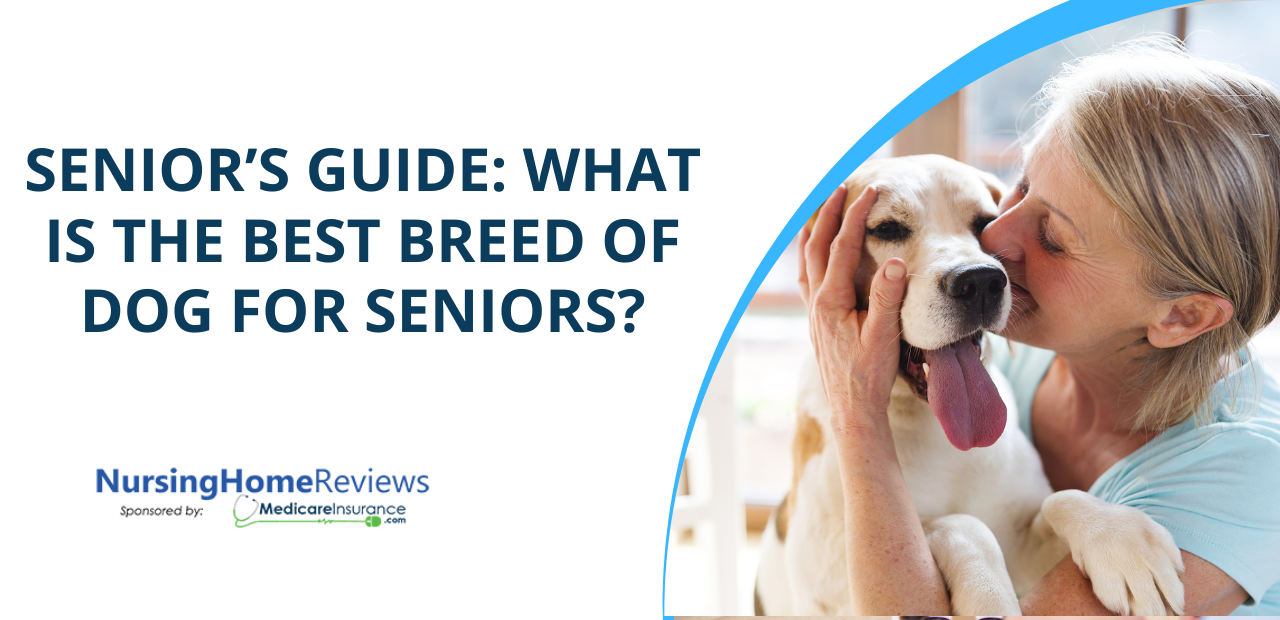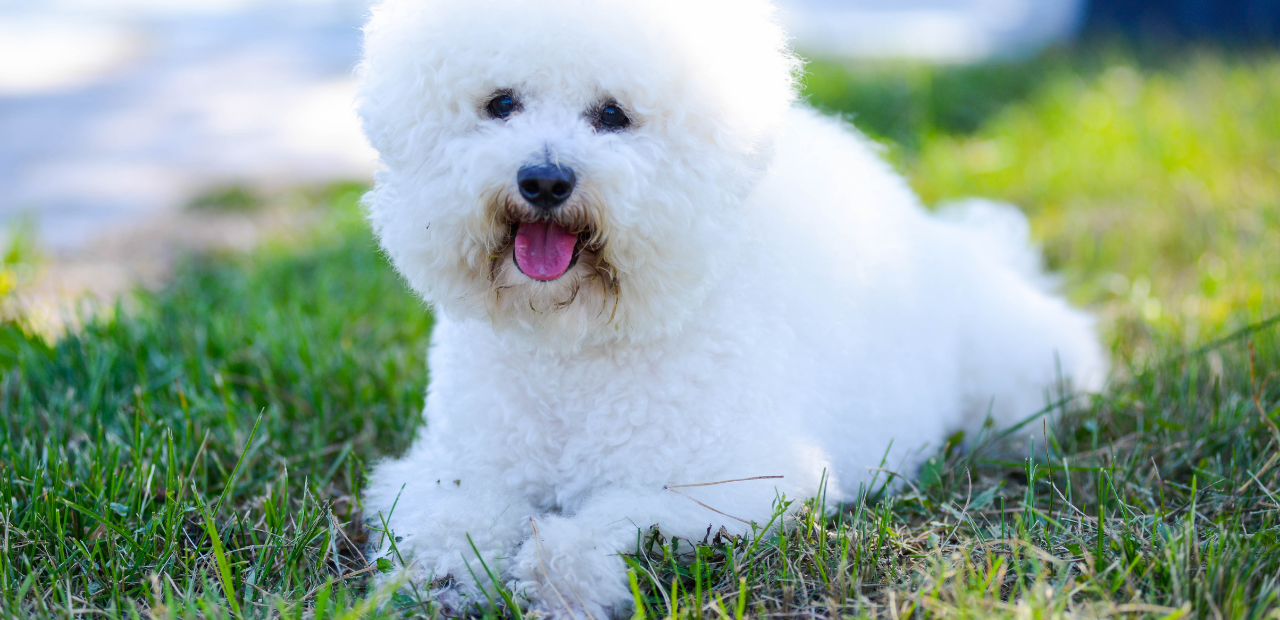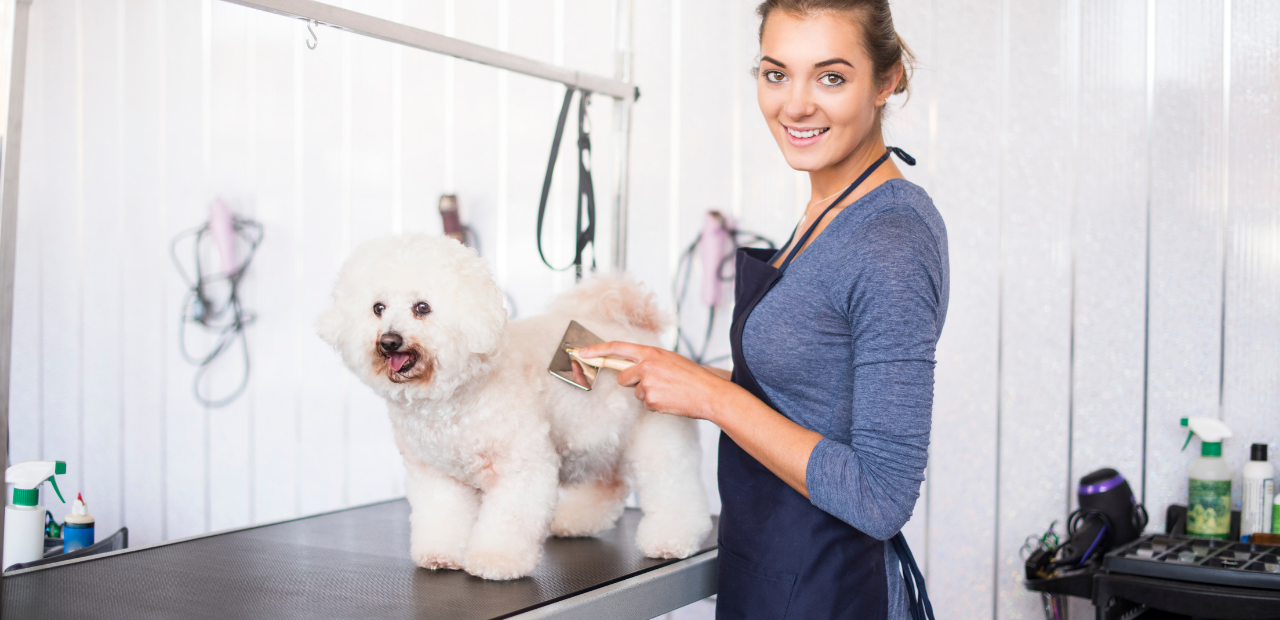
A Furry Friend Can Be a Great Companion for Seniors
Been feeling a little lonely lately? Maybe a bit more isolated than usual? Don’t worry – it’s more common than you think, especially in your senior years. Whether you’re still living independently but don’t get out much, or you’ve moved into a senior community or nursing home, “lonely” rings in the same sad tone.
What if we told you that there was a way to combat those lonely feelings? A, shall we say, rather adorable fix, even? It’s true! Fighting those lonely feelings is as easy as bringing a dog into your life.
At Nursing Home Reviews, we’ve searched high and low to find the best dog for seniors. While researching dogs for senior citizens, we’ve found that one breed in particular stood out heads and tails above the rest. We also found that many of the best dogs for seniors shared the same traits as our top choice.
So, what is the best dog breed for seniors? Read on to find out!
What is the Best Dog Breed for Seniors?
Ideally, the best dog for seniors has the following traits:
- A gentle temperament
- Is easy to groom
- Is easy to train
- Small in stature
- Requires relatively little exercise
While every dog benefits from a good, long walk every now and then, the best dogs for seniors are dogs that have little need to expend constant energy. Even though you may be very active, a dog that requires constant attention and stimulation is going to wear you out fast.
Among all of the best dogs for the elderly, one breed stood out more than the rest. That breed is the cuddly, loveable Bichon Frise!
Looking for a retirement community or nursing home that’ll welcome your dog with open arms?
Start your search today.

What Makes the Bichon Frise Stand Out From the Rest?
One of the biggest traits that makes the Bichon Frise one of the best dogs for the elderly is its irresistible personality. This adorable little dog can be incredibly charming and very funny when it wants to be, which is essentially all the time. The AKC notes that the Bichon Frise is a natural born performer, meaning that they’ll do whatever it takes to put smiles on the faces of their owners.
A gentle, easy-going temperament is a standout trait of the Bichon Frise. These dogs love to cuddle, and are easily made happy by just being around their owners. If you have other dogs, or you have younger grandchildren, the Bichon Frise gives little cause for concern in regards to moodiness or aggression. They’re excellent with dogs and humans alike.
If you’re needing to move to a retirement community or an assisted living facility, the small stature of the Bichon Frise will be a benefit*. The biggest Bichon stands maybe a foot tall at the shoulder and typically weighs no more than 12 pounds.
*Always be sure to make sure that your new home is pet friendly before settling on a new place. Your new friend deserves a home that’ll welcome them, too!
An Adaptable, Fairly Quiet Little Watchdog
While you wouldn’t necessarily rely on a Bichon to protect the homestead, they are curious little pups, and tend to be on the alert for new faces passing by your property. This means that they like to bark at, well, most anyone they believe to be approaching your front door. While this makes it sound like the Bichon is noisy, don’t let the tendency to bark dissuade you: the Bichon Frise actually barks and vocalizes less than most other breeds.
One thing that may be concerning to you is that the Bichon regards most anyone they meet as a friend. There’s a lot of love in these cuddly little pups, and they’re not always the best at discerning who may have harmful intentions and who may not. While most of the folks that you meet aren’t out to do you harm, it’s a good idea to train the Bichon on what to look out for when someone has ill intent in mind.
Many believe that smaller dogs are harder to train than bigger dogs. Some small dogs may be more stubborn, but the Bichon Frise is an eager and quick learner. Whether they’re learning simple tricks or undergoing complex discipline training, the Bichon will grasp most any new concept easily. You can chalk this up to their high level of adaptability, which means the Bichon will take to new situations easier and faster than most other breeds.

Caring For the Bichon Frise
One trait that makes the Bichon Frise one of the best dogs for senior citizens is the fact that it’s fairly easy to care for. It doesn’t necessarily need to be groomed as often as most other dogs, and it sheds very little. However, it does have its own specific care and grooming needs that you should be aware of.
Bichons shed very little because the hair that they would typically shed gets caught in their undercoat. Because that shed hair gets caught in the undercoat easily, Bichons can easily develop matted fur. To keep their fur from matting, you should brush a Bichon Frise at least two to three times a week. For best results, you should probably brush them every day.
It’s a good idea to have your Bichon Frise bathed at least once per month. You should also have their nails clipped at the same frequency. While they make it easy for you to do this on your own, you may remember their grooming schedule a little more easily if you schedule regular appointments with a pet groomer. Your Bichon will be happy either way!
The Bichon Frise doesn’t usually experience many severe health issues. However, it’s still a good idea to have them screened on a regular basis for diseases and illnesses that tend to affect smaller dogs, such as:
- Allergies
- Bladder infections
- Cataracts and other eye diseases
You should also have their teeth cleaned and brushed regularly. If the Bichon’s teeth are left untreated, they can experience early tooth loss and other complications from gum disease. Regular ear cleaning should also be a priority to avoid ear infections.
When it comes to feeding, the best dog for seniors isn’t a very picky one! Bichons love food and treats that are tasty, no matter whether it’s already prepped or you make it from scratch. Just make sure that what you’re feeding your Bichon Frise is high-quality and nutritious. This goes for treats as well.
Only You Know What Kind of Pup is Best For You
While we’ve found the Bichon Frise to be tops on the list of best dogs for seniors, you may be considering a different breed. Before you settle on any dog breed in particular, make sure to do research to learn whether or not a particular breed may fit your lifestyle. After all, you’re not just choosing a pet, you’re choosing a companion!
Want to know if a nursing home or retirement community accepts pets?
Check ratings and violations.





